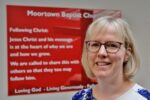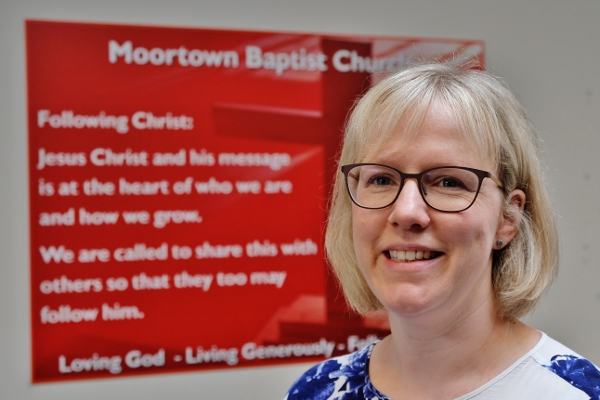 If you Google The Wine Society, and on its excellent website search for the year 1948 you’ll be surprised by just how many different wines are still available to buy. The one I fancy most is a Vouvray Le Haut-Lieu Sec, Domaine Heut. Why? Because according to the blurb it’s: “Almost tawny in colour, with copper highlights, but very much alive on the palate, with a refreshing pithy citrus note, long and fine on the finish. That life-giving acidity and concentration make for a cheeseboard treat. Some harmless sediment.“ Sadly, though, you will also see that seven decades after the Vouvray Le Haut-Lieu Secgrapes’ grapes were harvested a 75cl bottle will cost you £245.00, or if you’ve really got a thirst £2,940.00 for a case of 12.
If you Google The Wine Society, and on its excellent website search for the year 1948 you’ll be surprised by just how many different wines are still available to buy. The one I fancy most is a Vouvray Le Haut-Lieu Sec, Domaine Heut. Why? Because according to the blurb it’s: “Almost tawny in colour, with copper highlights, but very much alive on the palate, with a refreshing pithy citrus note, long and fine on the finish. That life-giving acidity and concentration make for a cheeseboard treat. Some harmless sediment.“ Sadly, though, you will also see that seven decades after the Vouvray Le Haut-Lieu Secgrapes’ grapes were harvested a 75cl bottle will cost you £245.00, or if you’ve really got a thirst £2,940.00 for a case of 12.
However, I’m glad to say there was no such extravagance on show when six of MBC congregation recently got together to celebrate their seventieth birthdays. Okay, so you could argue that six birthdays (there were more who couldn’t make it) in one year is nothing special… equally you could argue any excuse for a party!
Hosted by Karen and Dave Newell the Saturday evening soiree fulfilled every requirement for such a bespoke guest list: a start time which meant you weren’t eating too late, a finish time which meant you were home well before anyone in their teens had even set out and a beautifully balanced selection of food and drink which meant that no matter what medication you were on you didn’t need a supper.
The picture above shows the actual 1948 gang, left to right Nicky Gibb, Karen Newell, Jean Carlisle, Karen Ross, John Sherbourne and Mary Grayson whilst the one below includes partners who have either just passed or are approaching this significant milestone. These are: Gwynneth Sherbourne, Dave Newell and Michael Grayson. 



















































